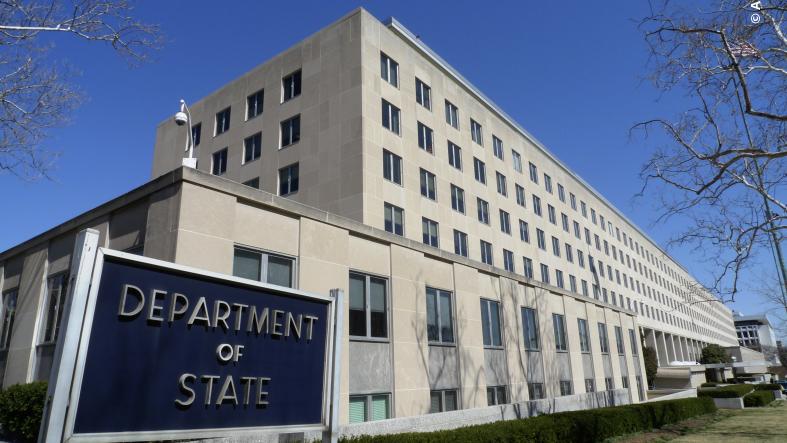
US revokes Syria sanctions to support rebuilding, Assad still targeted » Capital News
NAIROBI, Kenya, Jul 1 – The United States has announced a sweeping termination of its long-standing sanctions on Syria as it moves to aid the war-torn nation’s economic recovery following the collapse of the Bashar al-Assad regime.
Washington however retained strict punitive measures on al-Assad and his inner circle.
The move follows President Donald Trump’s Executive Order titled “Providing for the Revocation of Syria Sanctions,” issued on Monday.
The order rescinds the foundational executive actions that underpinned over a decade of US sanctions on Syria and directs federal agencies to remove hundreds of individuals and entities from the sanctions list.
Trump said the move would “give Syrians a chance at greatness”, underscoring a pivot toward normalization with Syria’s new leadership under President Ahmed al-Sharaa who he met in Riyadh in May.
Key assets unblocked
In coordination with the White House directive, the US Department of the Treasury’s Office of Foreign Assets Control (OFAC) removed 518 individuals and entities from its Specially Designated Nationals and Blocked Persons (SDN) List, effectively unblocking their assets and lifting restrictions on their dealings with U.S. persons and financial institutions.
These include key Syrian companies, tourism and investment firms, and elements of the Syrian military no longer aligned with the former Assad regime.
Entities such as Adam Trading and Investment LLC, Muruj Cham Investment and Tourism Group, and the Fourth and First Divisions of the Syrian Arab Army are among those cleared.
Treasury Secretary Scott Bessent said the decision “will help provide the country the opportunity to reestablish ties to global commerce and build international confidence”.
He affirned that targeted sanctions would continue against those involved in destabilizing activity.
“As we continue to monitor progress on the ground, we remain focused on preventing Assad, his cronies, terrorists, and other illicit actors from attempting to destabilize Syria and the region.”
Assad sanctions
While revoking general sanctions, the Executive Order expands the scope of Executive Order 13894, which declared a national emergency in relation to Syria’s instability.
The amendment allows continued—and in some areas, intensified—sanctions against Assad loyalists, Iranian proxies, and individuals linked to narcotics, terrorism, and human rights violations.
In total, Trump made 139 new designations under the Executive Order which include forty-seven former officials of the Assad regime.
Others targeted are individuals tied to the captagon drug trade, such as Samer Kamal al-Assad and Raji Falhout.
The US is also targeting supporters and financiers of the Assad regime, including businessmen George Haswani, Mudalal Khuri, and firms like Al-Resafa Refinery Company.
US sactions also remain on terror-linked entities and Iranian petroleum operators, pursuant to counterterrorism and Iran-related sanctions programs.
A notable new designation is Samer Foz, alleged to have acted on behalf of top Assad officials and helped funnel regime finances through offshore structures.
OFAC emphasized that pending investigations and enforcement actions related to previous Syria sanctions remain in force and could lead to future penalties.
‘Transformed’ political climate in Syria
US’ new position on Syria is liked to what the Treasury Department described as a “transformation” in Syria’s political climate since Assad’s fall.
The rise of President Ahmed al-Sharaa, viewed by Washington as a reformist leader, has prompted a recalibration of US policy to foster economic rebuilding and regional reconciliation.
“The circumstances that gave rise to OFAC’s Syria sanctions program… have been transformed,” the Treasury noted, referencing new diplomatic overtures and efforts by the al-Sharaa government to distance itself from Iran and Assad-era abuses.